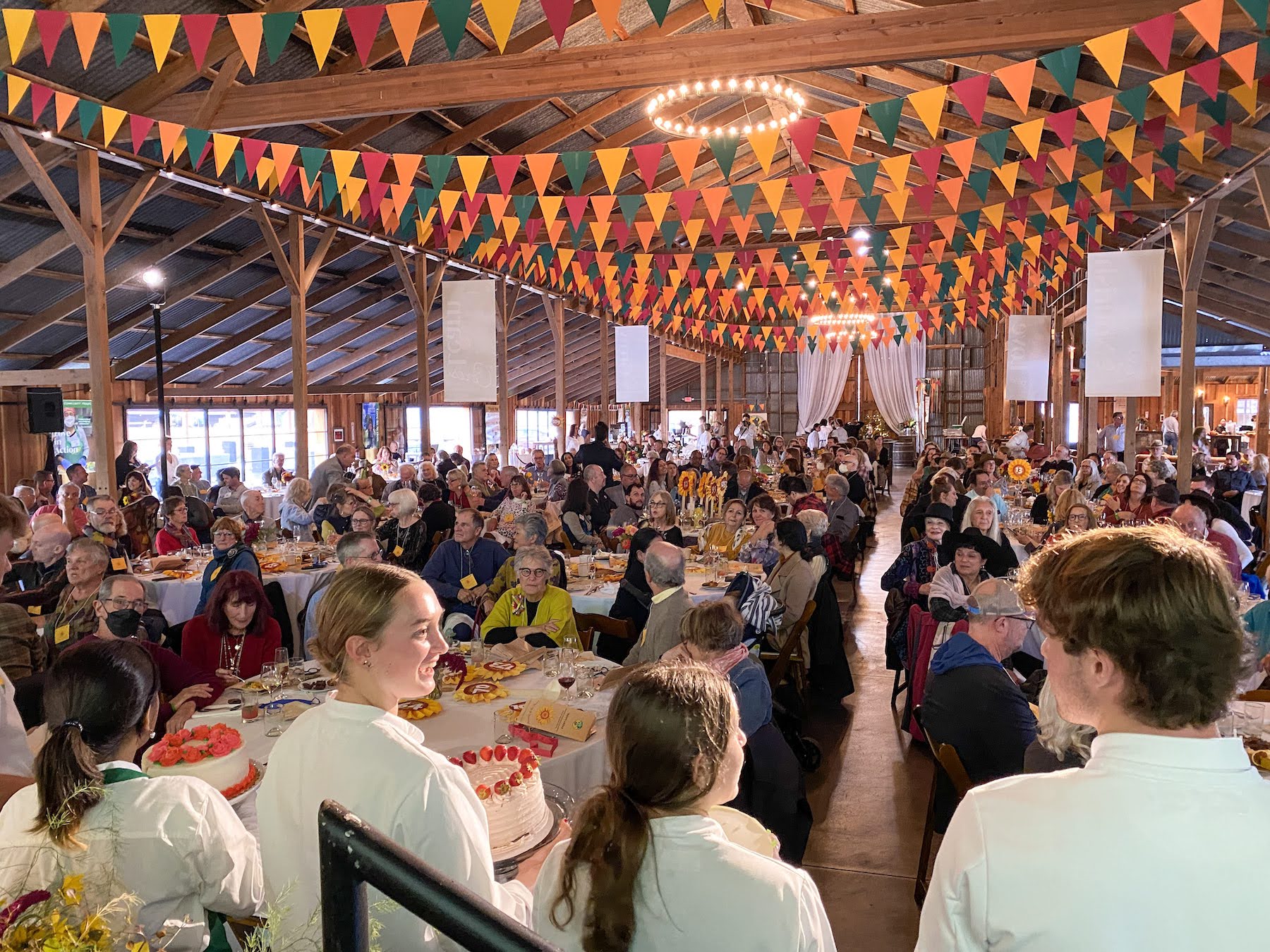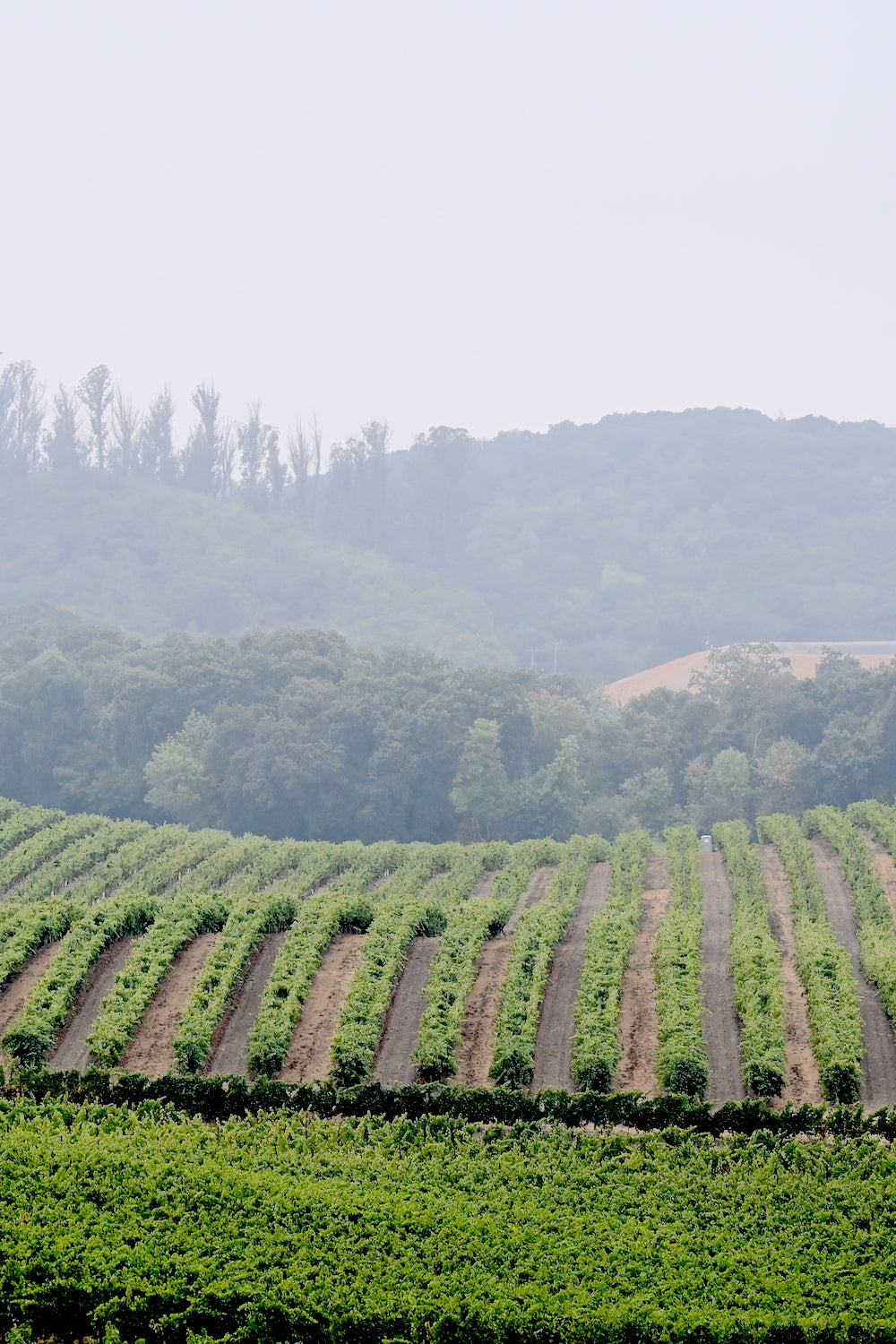Wineries Renowned For Cabernet Sauvignon In Sonoma - Best Vineyard Visits In Sonoma
Family Friendly Wineries With Outdoor Spaces - Wine Tasting At Sonoma Vineyards
Visiting a winery for a wine tasting can be an enchanting experience, especially when you perceive how to maximize the opportunity with tasting notes. These notes serve as a guide to understanding the complexities of the wines you sample and help in forming a deeper connection with each pour. Using tasting notes can transform your experience, allowing you to savor not simply the style but also the story behind each bottle.
Every wine has a singular profile influenced by grape variety, terroir, and winemaking techniques. Understanding these elements can enhance your appreciation of the wine. When you would possibly be given a tasting menu or a flight of wines to pattern, take the time to read through any descriptions provided (Wineries Producing Pinot Noir And Chardonnay). This preliminary overview can set the tone and expectations on your tasting experience.
Start your wine tasting by observing the wine in your glass. The color can reveal so much about the wine’s age and varietal. Take notes on the hue, clarity, and viscosity. A well-structured tasting note often consists of this visible assessment as it varieties the foundation of your evaluation. Whereas it may seem trivial, the visible side is crucial in wine tasting.
Family-Oriented Wine Tasting Venues In Sebastopol - Sebastopol Wine Experiences
After your visible evaluation, it's time to take a delicate whiff. Swirl the wine in your glass to aerate it, releasing its aroma. This is where tasting notes turn into notably valuable. Make notes in regards to the totally different scents you detect—fruits, spices, or floral hints. Identifying these aromas will allow you to put words to the intrinsic complexities of the wine you may be sampling.
The next crucial step is the tasting itself. Take a small sip and let the wine roll over your palate. Note the flavors you experience. Are they candy or tart? Where does your palate detect every flavor? Some wines could present immediate sweetness followed by a tannic end. Use your tasting notes to document these layers, making a roadmap of your sensory experience.
Contemplate also the mouthfeel of the wine as you taste. Is it smooth, crisp, creamy, or maybe tannic? This textural high quality considerably influences the general enjoyment and impression of the wine. Observing the mouthfeel can reveal the quality and craftsmanship behind the winemaking course of.
It Is helpful to compare different wines as you style them. If you're sampling a flight with contrasting varietals, make a note of the variations you understand. How does the acidity differ from one wine to another? Which wine feels fuller, and which is more refreshing? This comparative exercise deepens your understanding and helps sharpen your analytical skills.
Wineries Offering Off The Beaten Path Experiences - Sonoma's Finest Wineries

Engage with the winery employees whereas tasting. Knowledgeable hosts typically share insights in regards to the vineyard's history, the precise vintage, or the winemaking philosophy, enriching your appreciation of the wine. Do Not hesitate to ask questions that pique your interest based mostly in your tasting notes. Many hosts get pleasure from discussing their wines and can supply a wealth of knowledge that isn’t readily available from printed materials. Upcoming Wine Festivals In Sonoma County.
Hold in mind the seasonality of wines as you style. Completely Different wines evoke varied moods and pair properly with distinct culinary experiences. Take notes on the way you might take pleasure in a selected wine with food. This not only adds context to your tasting notes but additionally aids future selections and purchases.

One Other useful tip whereas using tasting notes at a winery is to report your impressions immediately. As wines can mix and create a uniform flavor memory, jotting down your ideas promptly ensures a more correct reflection of your experience. Use adjectives that resonate with you, crafting a personal vocabulary to explain each wine primarily based on your preferences.
After finishing the tasting, review the notes you’ve taken. Replicate on which wines stood out to you and why. This reflection reinforces your tasting experience and highlights what you might search in future purchases. If you've got famous specific aromas or flavors that captivated you, this data empowers you to select wines that align with your palate.
Wineries Featuring Seasonal Wine Events In Sonoma - Wine Tasting And Vineyards In Sonoma
Wine tasting can even serve as an opportunity for socializing. Sharing your tasting notes with companions can ignite partaking discussions on flavors, preferences, and impressions. This communal side of wine tasting usually enhances the experience, cementing lasting memories that you could recall with a cup of wine in hand.
In conclusion, utilizing tasting notes at a winery wine tasting can significantly improve your experience. By observing the visual aspects, aromas, flavors, mouthfeel, and even the tales behind the wines, you create a wealthy tapestry of notes that can guide your future wine experiences. Partaking with the employees, comparing wines, and reflecting on your impressions will deepen your appreciation for the art of winemaking. Each tasting company website is an opportunity to discover and join with wines in exciting new methods. With practice, your tasting notes will evolve, turning into a cherished element of your wine journey.
Unique Wine Blending Experiences In Sonoma - Tasting Experiences In Sebastopol Vineyards
- Begin by familiarizing yourself with the winery's tasting notes; they normally describe the wine’s aroma, flavor profile, and end, offering a useful framework.
- Use your senses of sight and odor before tasting; swirl the wine in your glass, observe its color, and inhale its bouquet to seize the wine's preliminary characteristics.
- When tasting, take a small sip and let the wine coat your palate; concentrate on the primary flavors and any secondary notes that may emerge, corresponding to fruit, spice, or earthiness.
- Pay consideration to the texture and mouthfeel of the wine; is it smooth, tannic, creamy, or crisp? This side can considerably enhance your understanding of the wine.
- Compare the tasting notes with your sensory experience, noting any similarities or discrepancies, which might deepen your appreciation of every wine’s complexity.
- Think About the wine’s aging potential by analyzing its construction and stability; some wines could also be enjoyable now, whereas others might evolve beautifully over time.
- Take notes in the course of the tasting; recording your impressions may help you keep in mind each wine higher and refine your palate for future tastings.
- Interact with the tasting staff; ask questions in regards to the wine production process, grape varieties, and the particular notes you're detecting to boost your information and experience.
- Explore pairing recommendations alongside your tasting; understanding which foods complement the wine can enrich each the tasting experience and your appreciation for the wine's nuances.
- Respect various preferences among your group; wine tasting is subjective, and inspiring open dialogue about individual tastes can result in a extra enjoyable and informative experience.undefinedWhat are tasting notes, and why are they necessary at a wine tasting?undefinedTasting notes are descriptions of the flavors, aromas, and overall impressions of a wine. They are necessary because they guide your palate and improve your understanding of the wine's characteristics, helping you appreciate totally different varieties and styles.
How should I take notes throughout a wine tasting?undefinedYou should concentrate on key elements similar to aroma, flavor, body, acidity, and end. Use a structured format or template to categorize your ideas and write down your impressions immediately after tasting. This helps you bear in mind your thoughts later.
Am I Able To use my own words to explain a wine, or ought to I stick to plain tasting terms?undefinedYou can completely use your personal words to explain a wine. While normal tasting phrases might help convey particular qualities, personal descriptors add authenticity to your notes and can make your wine experience more gratifying and relatable.
Should I give consideration to specific flavors in the wine or the general experience?undefinedBoth elements are necessary. While specific flavors allow you to identify the distinctive traits of a wine, the overall experience encompasses how all parts combine—creating a extra holistic understanding of the wine.
Wineries With A Focus On Syrah - Sonoma Vineyards For A Perfect Day Out
What if I can't establish certain aromas or flavors during a tasting?undefinedIt’s frequent to have difficulty figuring out particular tastes or scents. Don’t hesitate to ask for help or steering from the employees on the winery. They can provide insights and help refine your palate over time via practice.
How can I use tasting notes to choose on wines within the future?undefinedBy reviewing your tasting notes, you can establish your preferences and tendencies in your wine selections. This permits you to select wines that align together with your palate in future tastings and purchases, making your experience more gratifying.
Is it appropriate to check wines during a tasting?undefinedSure, comparing wines can be helpful. It helps highlight the variations in flavor profiles and attributes, allowing you to develop a deeper appreciation and understanding of every wine's unique qualities.
What should I read more do if I disagree with the tasting notes supplied by the winery staff?undefinedDisagreement is a natural a part of wine tasting! Use it as an opportunity to debate your impressions with the staff; they'll provide further context or details about the wine, which may enrich your experience.
Interactive Wine Tasting Experiences In Sonoma - Best Wine Tasting Spots In Sonoma County
How ought to I organize my tasting notes after the event?undefinedAfter the tasting, manage your notes by wine sort, producer, or personal preference. Contemplate creating a digital or bodily journal which can be referenced for future tastings and wine alternatives, making it easier to recall your experiences.